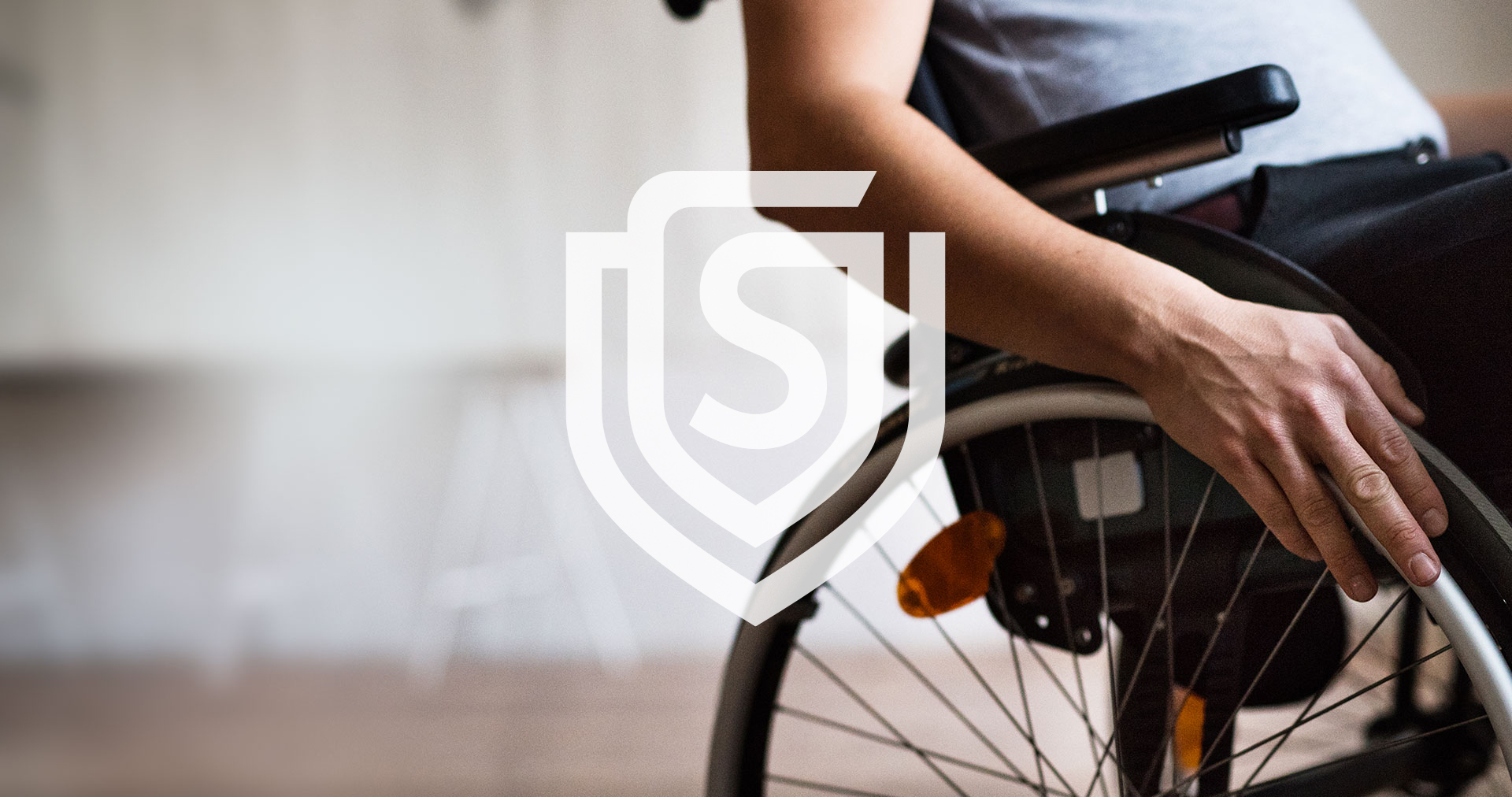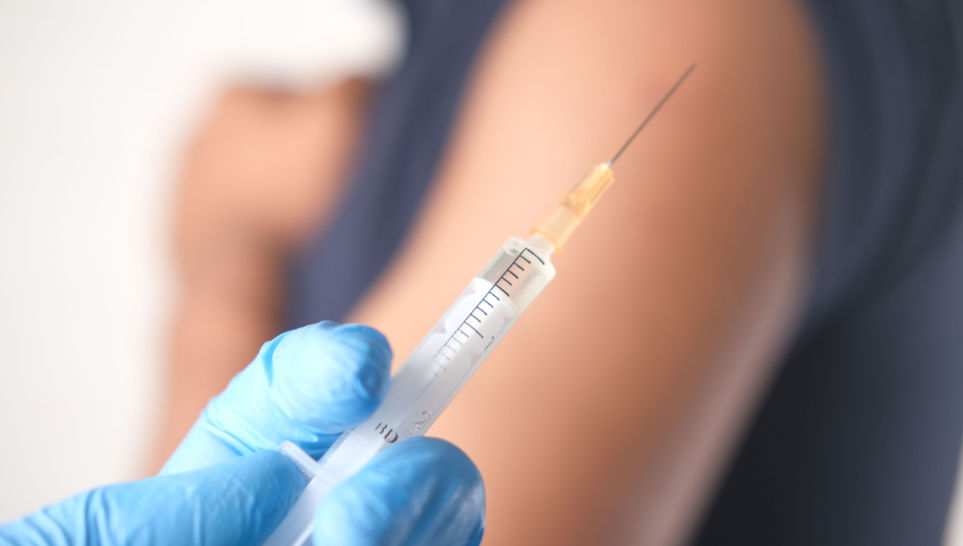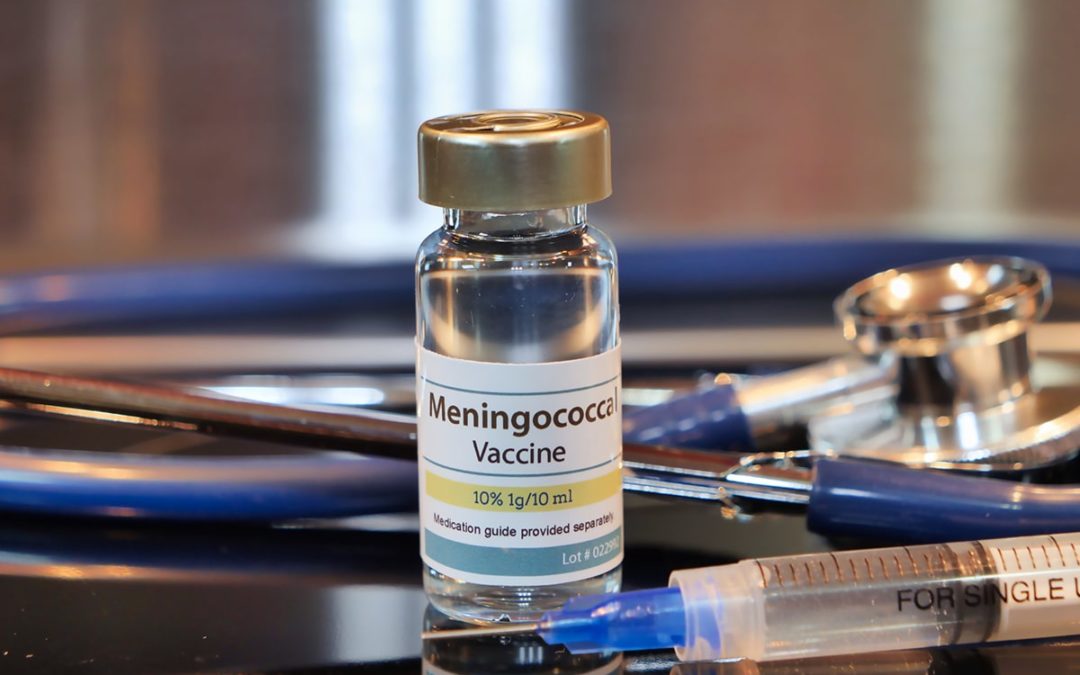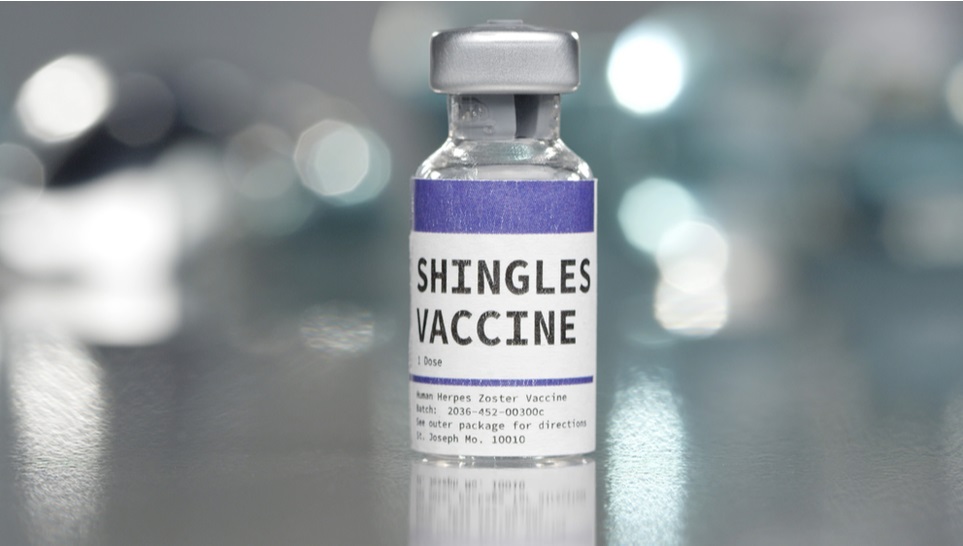
Shingles is a painful condition caused by the same virus as chickenpox. If you had chickenpox as a child, you may experience shingles later in life, particularly as you age (although some children and younger adults can develop shingles).
The Zostavax vaccine developed by Merck & Co. contains a weakened form of the live varicella-zoster virus, leading to serious side effects and numerous lawsuits against Merck.
As of November 18, 2020, Zostavax is no longer available in the United States.
If you received the Zostavax shingles vaccine, and you experienced nerve pain, serious injury, or postherpetic neuralgia, you may qualify to file lawsuits against Merck for your pain and suffering.
What Causes Shingles?
Varicella-zoster, the virus responsible for chickenpox, is the culprit. Chickenpox is highly contagious, and anyone who’s had the disease is at risk of developing shingles.
Most people catch chickenpox in their youth, but many years later, the virus can reactivate and cause shingles.
Shingles Symptoms
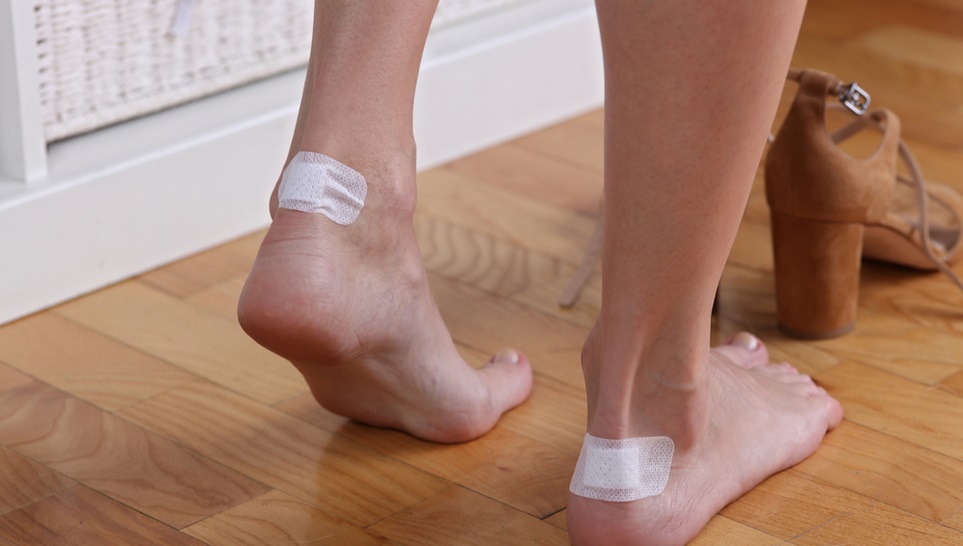
Shingles occur when dormant chickenpox viruses from childhood are reawaken and lead to a shingles outbreak, usually in older adults or adults with immunocompromising conditions. When the virus reactivates, it attacks the nervous system, causing:
- a painful bumpy rash, typically on one side of the face or body
- itching, tingling, or severe burning sensations
- blisters and hives
- fever, headaches, and chills
- numbness, tingling or burning on the skin
- upset stomach
- hypersensitive skin
Shingles symptoms vary between cases, with some cases presenting as a mild rash, while more severe cases can lead to permanent nerve damage, including postherpetic neuralgia.
Post Herpetic Neuralgia PHN
Some cases of shingles cause lasting pain to skin and nerves, leading to burning pain that doesn’t go away after shingles subside.
Encephalitis Brain Inflammation
Shingles can also lead to the development of encephalitis, which can cause lasting brain damage or other serious injuries to the brain.
Acute Disseminated Encephalomyelitis (ADEM)
Shingles infection can lead to inflammation of the brain and spinal cord inflammation that can damage or destroy myelin sheaths around the nerve endings.
This condition can lead to loss of vision, muscle weakness, paralysis, and difficulty with mobility and movement of the limbs.
Other Conditions Brought on by Shingles
Shingles can lead to a list of long-term complications, including:
- congestive heart failure
- Guillain-Barré Syndrome
- meningitis
- partial or total hearing loss
- partial or total vision loss
- pneumonia
- chronic pain
- stroke
- death
The shingles vaccine Zostavax is supposed to reduce the chances of contracting shingles, as well as to reduce the severity of symptoms if you have been vaccinated and still develop shingles.
Zostavax manufacturer Merck claimed that the Zostavax vaccine would prevent shingles and help reduce the symptoms and complications brought on by shingles.
What Is Zostavax?
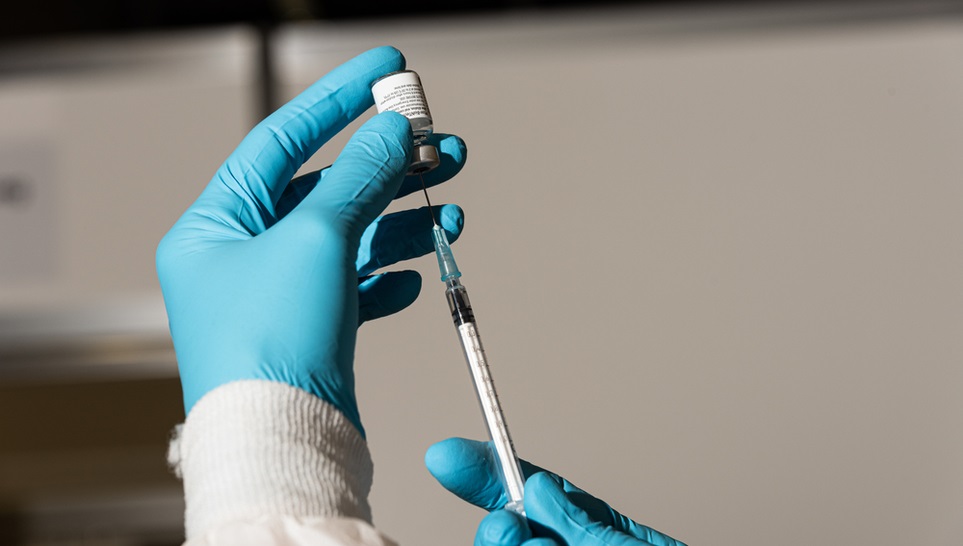
Zostavax is a shingles vaccine produced by Merck & Co., one of the world’s biggest pharmaceutical companies. Doctors administer the vaccine as a single dose, usually on the upper arm.
The Zostavax vaccine includes a weakened form of the live varicella-zoster strain virus. The virus is supposed to offer a boost to the immune system to prevent shingles, and reduce the serious risk of complications due to shingles if contracted.
The FDA approved Zostavax in 2006 and recommended it for use by patients aged 50 to 59 years of age by 2011.
The Zostavax shingles vaccine was only 50% effective in preventing shingles. The FDA reports several complications in their adverse event reports.
Due to the low efficacy and the presence of a live virus, the CDC only ever recommended the Zostavax vaccine for patients allergic to ingredients in other shingles vaccination shots.
History of Zostavax
The US Food and Drug Administration (FDA) approved and licensed Merck’s Zostavax vaccine in May 2006. By 2011, the FDA recommended its use for people 50 to 59 years old.
Zostavax use plummeted once the FDA approved GlaxoSmithKline’s Shingrix vaccine in 2017, and the latter remains the preferred shingles zoster vaccine by the CDC.
On June 30, 2020, Merck discontinued Zostavax in the US market. As of November 18, 2020, Zostavax is no longer available for use in the United States.
Accusations Against Merck

People across the country who have developed a Zostavax vaccine injury have filed lawsuits against Zostavax’s manufacturer Merck. In response, Merck requested these Zostavax lawsuits be consolidated into a Zostavax multi-district litigation in 2018.
The current pending Zostavax lawsuits allege that the pharmaceutical company is guilty of:
- Failing to warn patients of Zostavax’s potential side effects
- Producing a vaccine with adverse effects, including death
- Lying about the vaccine’s safety and effectiveness
- Falsely stating that Zostavax doesn’t cause shingles
- Continuing to sell the vaccine despite knowing its potentially harmful effects, even death
In 2019, the U.S. District Judge presiding over the Eastern District of Pennsylvania selected five cases between two categories to try in the multi-district litigation against Merck.
Zostavax Side Effects
The Zostavax vaccine caused mild effects in some patients who received the Zostavax vaccination. Mild and moderate symptoms include headaches, irritation at the injection site such as redness, swelling, or itching, and more severe reactions due to allergies to the vaccine.
Some patients developed rashes similar to the shingles rash, and this was demonstrated in both patients who had had shingles before as well as patients who had never had the case of a shingle.
Another study from 2012 discovered a small risk of the vaccine causing allergic reactions one to seven days after administration. Extreme versions of this symptom are called anaphylaxis, and it can cause:
- Redness or warmth of the skin
- Breathing difficulties
- Irregular heartbeat
- Facial swelling
- Rapid pulse
- Dizziness
- Hives
Potential Injuries and Long-Term Conditions Related to Zostavax
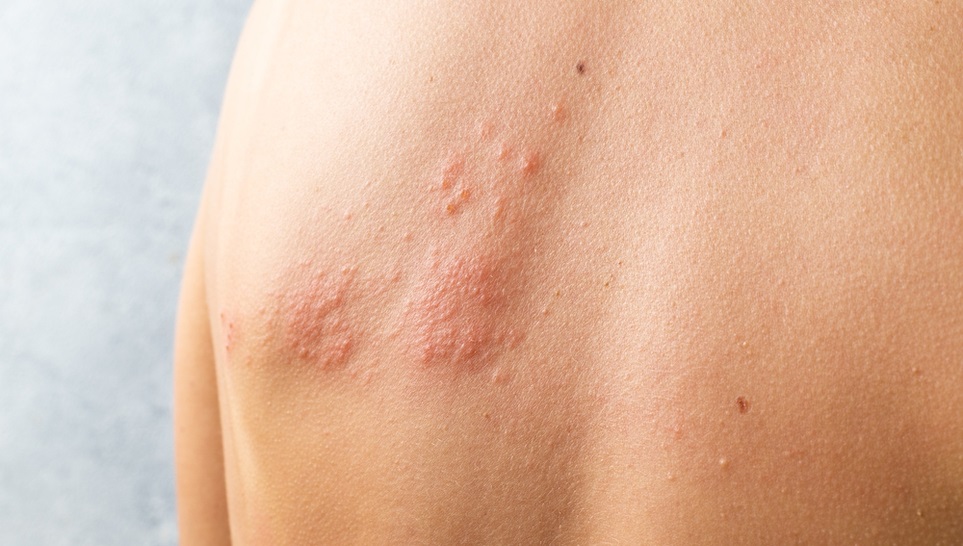
There is a chance that people who receive this Shingles vaccine may develop the same symptoms they are trying to avoid, along with other severe illnesses.
These health complications include:
Shingles
Surprisingly enough, the list of possible side effects from shingles vaccines includes contracting the very disease it should protect against.
Several lawsuits claim that Zostavax, a vaccine that contained weak live viruses, doesn’t have a safe formulation, causing people to receive an overly powerful dose.
With the right design, vaccines should expose patients to a dose potent enough to trigger their immune response but not too strong to cause adverse effects.
Sadly, this isn’t the case with Zostavax, as dozens of patients received a robust varicella-zoster strain, and they developed severe symptoms as a result.
Several plaintiffs across different states, including Michigan, Tennessee, and Louisiana, filed Zostavax lawsuits against Merck in 2017. They assert that Merck knew Zostavax could cause a shingles infection instead of preventing them from getting one.
Two cases experienced post-herpetic neuralgia, and several others developed chronic pain, requiring hospital visits.
Retinal Necrosis
A man from South Carolina filed a suit against Merck, alleging that he developed a vaccine injury involving one eye.
The man experienced a loss of vision two months after getting vaccinated, and doctors later diagnosed him with retinal necrosis or retinal tissue decay.
The Zostavax lawsuit states that the pharmaceutical company failed to warn the public of Zostavax’s adverse effects and knowingly released a defective vaccine.
Researchers from the University of Missouri School of Medicine found that shingles and chickenpox vaccines can lead to eye inflammation and hearing loss, supporting the statement that Zostavax may cause retinal necrosis.
Post-Herpetic Neuralgia
Post-herpetic neuralgia is the most common complication caused by shingles. It affects the skin and nerve fibers, creating a burning pain that can last long after the blisters and rashes disappear.
A woman from Wisconsin filed a shingles vaccine lawsuit, which alleges that Zostavax caused her to develop repeated shingles outbreaks instead of protecting her against the virus.
She got her first vaccination in 2011, and since then, she experienced several post-herpetic neuralgia episodes.
During her trial, the plaintiff stated that she continues to live with the chronic pain caused by the vaccine.
Bell’s Palsy and Ramsay Hunt Syndrome (Facial Paralysis)
These conditions are both linked to the herpes zoster virus, and they can cause permanent facial paralysis if left unchecked.
The most significant difference between the two diseases is that Ramsay Hunt syndrome also causes painful blisters to develop on the ear canal back wall or the outer ear.
Bell’s Palsy symptoms usually occur gradually and peak in two days.
The plaintiffs allege that Merck failed to protect consumers and is guilty of:
- misrepresentation of the facts
- failure to warn consumers
- defective vaccine design as early as during clinical trials
- unjust enrichment
- negligence
Other potential injuries and increased risk of long-term conditions caused by the shingles vaccination include:
- Autoimmune disorders like Meniere’s disease, chronic inflammatory demyelinating polyneuropathy, and Guillain-Barre syndrome
- Vision problems including eye infections, retinal damage, and blindness
- Adverse neurological conditions like encephalitis (brain inflammation)
- Vasculitis (blood vessel inflammation)
- Myelitis (spinal cord inflammation)
- Congestive heart disease
- Cardiovascular issues
- Hearing loss
- Pneumonia
- Stroke
- Fatal liver failure
- And Even Death
FAQs About Zostavax and Shingles Vaccine

What’s the Difference Between the Shingrix and Zostavax Vaccines?
The shingles vaccine Zostavax differs from other vaccines in that it is a live shingles virus vaccine administered as a one-time subcutaneous (under the skin) injection.
Shingrix, on the other hand, is a non-live vaccine administered to the muscle tissues in two doses (two to six months apart from each other).
The Zostavax shingles vaccine includes a live strain of the varicella-zoster virus. This is the virus that causes chickenpox, which can lie dormant in the body, eventually creating shingles when the virus re-emerges as herpes zoster.
Most other zoster vaccination shots contain a dead herpes zoster virus.
Using the weakened form of the live virus can lead to a shingles infection by introducing an active virus into a system where the current shingles virus is dormant.
Although the viral infection tends to be mild, some cases present much more severe symptoms.
The FDA approved the use of both vaccines to help prevent shingles, but the CDC recommended the use of GlaxoSmithKline’s Shingrix over Merck’s Zostavax.
Studies prove that Shingrix is much more effective at preventing shingles, reducing the risk of shingles in patients over 50 years by 89.1% to 97%, a massive leap from Zostavax’s 18% to 69.8% success rate.
Additionally, Shingrix can’t infect patients with the varicella-zoster virus because it isn’t live, while Zostavax can.
Can Zostavax Shingles Vaccine Lead to Death?
Yes. The National Vaccine Information Center (NCIV) reports over 1,100 serious adverse effects related to Zostavax, and at least 90 of them were deaths linked to the vaccine.
Can I File a Zostavax Lawsuit?
If you experienced adverse effects after you received the Zostavax vaccination, you may be eligible to join the class-action lawsuit against Merck.
Filing lawsuits against Merck can help you recover damages to pay medical bills, and you can do your part to hold Merck accountable.
Contact the Vaccine Injury Help Center to learn more about how you can help build the case against Merck in the Zostavax lawsuit multi-district litigation.
Let Us Help
Vaccine Injury Help Center proudly represents shingles vaccine lawsuits in New Jersey State Court. If you received the Zostavax shot and were subsequently diagnosed with shingles or other complications, contact us today.
Do you have concerns about the side effects of the Zostavax shingles vaccine? Call our Vaccine Hotline at 1-800-810-3457. Our experienced lawyers at Vaccine Injury Help Center will help you determine how to present your case in Zostavax litigation for your personal injury case.
